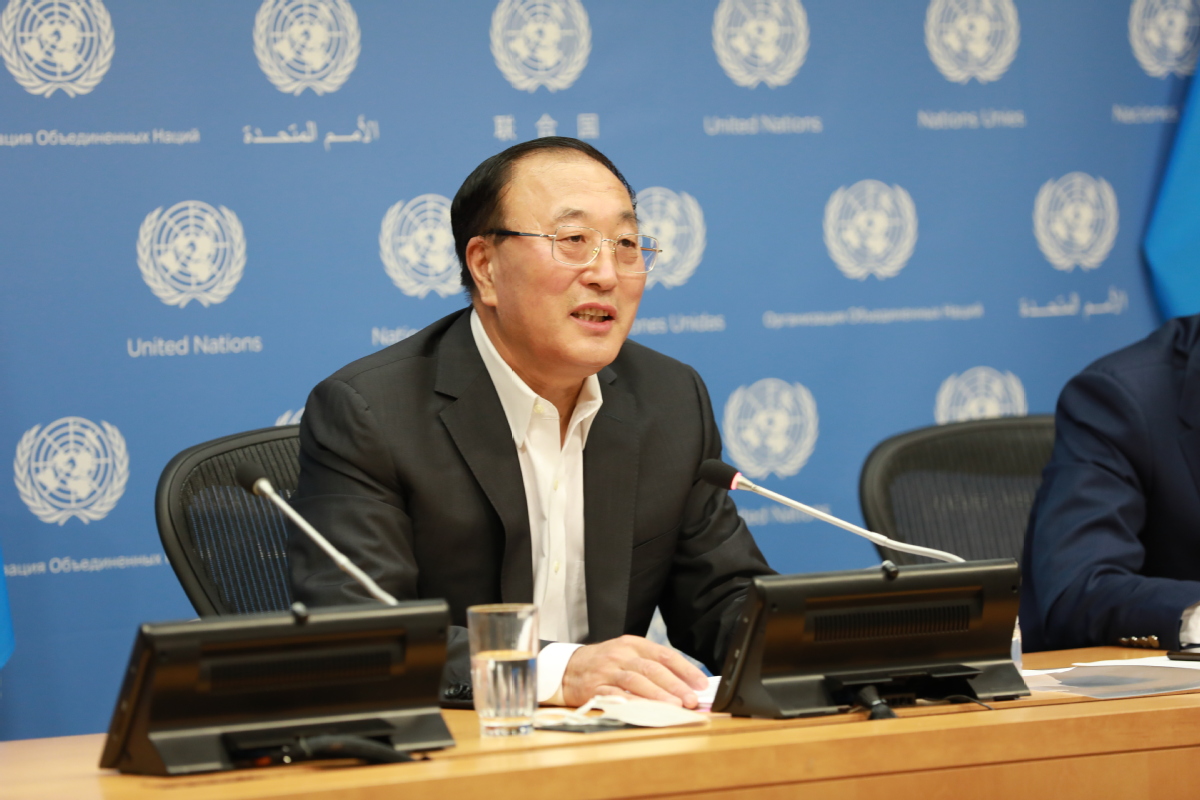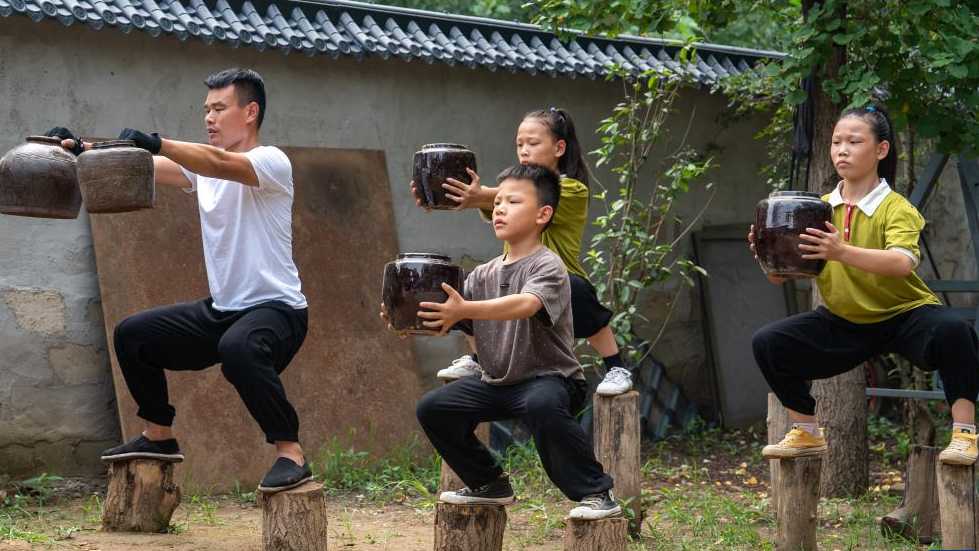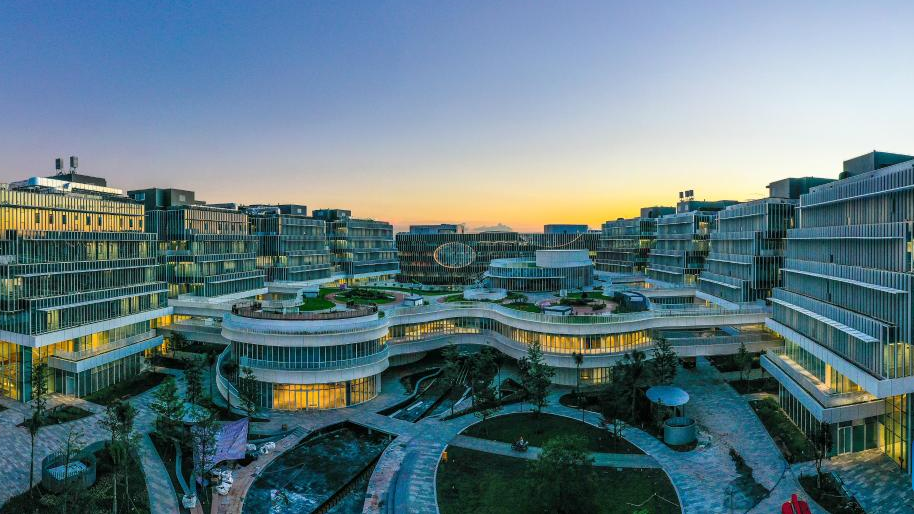China prioritizes concept of common security

Zhang Jun, China's permanent representative to the UN. [Photo/un.china-mission.gov.cn/]
A Chinese ambassador to the United Nations on Monday called for the establishment of a security concept that meets the needs of the times, respects the sovereignty and territorial integrity of all countries, and creates a stable strategic security environment.
"If countries want to achieve their own security, they cannot ignore the legitimate security concerns of other countries; they cannot build their own security on the basis of insecurity in other countries," Zhang Jun, China's permanent representative to the UN said at the UN Security Council briefing on maintenance of international peace and security.
China in August assumed the rotating presidency of the UN Security Council with one of the priorities being to facilitate dialogue and cooperation for common security. Monday's briefing was one of the signature events for China during its August presidency.
He said countries will always have different views on security issues, resulting in conflicts of interest. But countries should find common ground through dialogue and cooperation, and disputes should be resolved peacefully, he said.
"Holding on to the Cold War mentality and engaging in unilateralism, zero-sum games, group confrontation, and power politics will not only make it difficult to ensure long-term security but will also lead to escalating crises and the opposite of common security," said Zhang.
The Global Security Initiative (GSI), put forward by President Xi Jinping, focuses on international security questions of our times, gives directions to realize common security and provides China's plan for current international security issues, said Zhang.
China put forward the GSI at the Boao Forum for Asia in April to safeguard world peace and tranquility.
"This initiative is open, and China is willing to work with the international community to implement the content of the initiative with practical actions through sincere and pragmatic dialogue and cooperation, and jointly build a balanced, effective and sustainable international security architecture," said Zhang.
Zhang said that the development path and social system chosen by the people of each country, and the efforts of each country to maintain national unity should be respected.
"China always respects the sovereignty and territorial integrity of other countries, upholds international fairness and justice, and supports the efforts of the international community to achieve common security. At the same time, China will take all measures to firmly safeguard its own sovereignty and territorial integrity."
Zhang pointed out that driven by the so-called "strategic competition of great powers", the global strategic security environment is deteriorating, and the international non-proliferation system represented by the Treaty on the Non-Proliferation of Nuclear Weapons (NPT) is facing the most severe challenge since the end of the Cold War.
The country with the largest nuclear arsenal should fulfill its special and priority responsibility for nuclear disarmament and further substantially reduce its nuclear arsenals in a verifiable, irreversible and legally binding manner, so as to create the conditions for nuclear disarmament, said Zhang.
"China has actively advocated the complete prohibition and thorough destruction of nuclear weapons since the first day it possessed nuclear weapons," said Zhang. "China has made a clear commitment not to be the first to use nuclear weapons at any time and under any circumstances, and not to use or threaten to use nuclear weapons against non-nuclear weapon states and nuclear weapon-free zones.
"China is the only one of the five nuclear-weapon states that has made such a commitment. China urges other nuclear-weapon states to adopt the same policy to jointly maintain global strategic stability and effectively reduce the risk of nuclear war," he said.
UN Secretary-General António Guterres and President for the 10th Review Conference for the NPT Gustavo Zlauvinen also attended Monday's briefing.
"Many of the systems established decades ago are now facing challenges that were unimaginable to our predecessors — cyberwarfare, terrorism, and lethal autonomous weapons. And the nuclear risk has climbed to its highest point in decades," said Guterres.
"The tools that have kept us from catastrophic world war are more important than ever. But they must be fit for today's rapidly deteriorating international peace and security environment. We need to reforge a global consensus around the co-operation required to ensure collective security — including the work of the United Nations."
Disarmament agreements must be "front and center" for countries signed up to the NPT, said Zlauvinen, adding that preventing any nuclear weapons use remains the top priority to reverse dangerous trends and eliminate the prospect of unintended launch.
Photos
Related Stories
- UN chief calls for new global consensus on cooperation to ensure collective security
- UN chief inspects Ukraine's grain export in Istanbul
- UN condemns deadly attack in Afghanistan
- UN chief says victims, survivors of terrorism must never be forgotten
- Chinese defense minister attends Moscow Conference on International Security
Copyright © 2022 People's Daily Online. All Rights Reserved.









